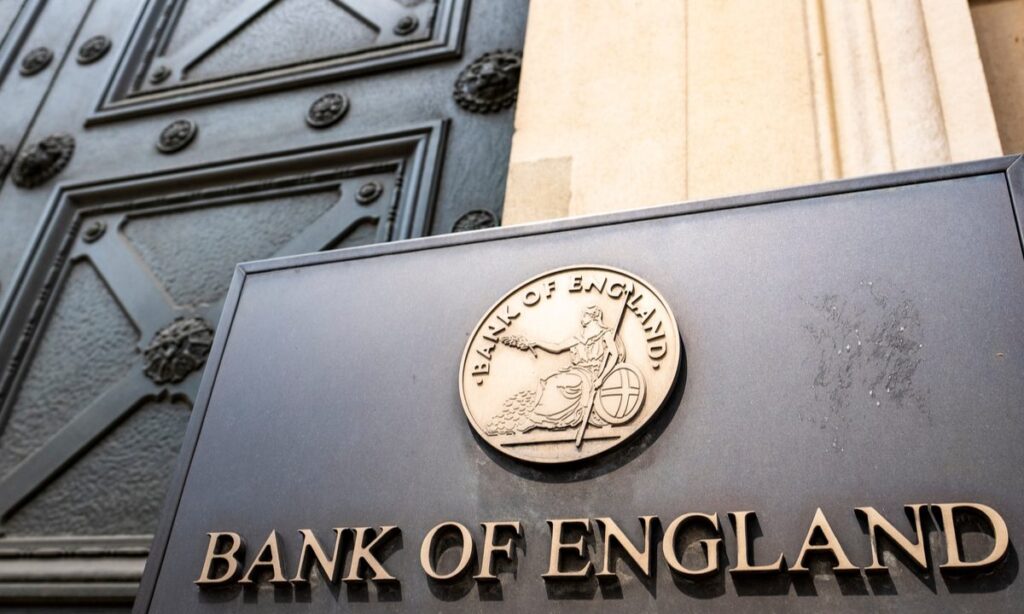Despite the rise in prices of food and non-alcoholic beverages in the UK in April, the country’s inflation dropped significantly due to lower energy prices.

UK’s overall inflation rate stood at 8.7 percent on an annual basis, marking a decrease from 10.1 percent in March, according to CNBC.
The annual inflation rate decreased
“The prices of electricity and gas contributed 1.42 percentage points to the decline in annual inflation in April,” wrote the UK’s Office for National Statistics (ONS) in its report, as reported by CNBC.
“The prices of food and non-alcoholic beverages continued to rise in April and contributed to high annual inflation, but the annual inflation rate for food and non-alcoholic beverages decreased from 19.2 percent in the year leading up to March 2023 to 19.1 percent in the year leading up to April 2023,” ONS continued in the report, CNBC wrote.
However, ONS noted that their modeled indicative estimates suggested that the annual inflation rate for food and non-alcoholic beverages is the second-highest in over 45 years.
Core inflation increased in April
On a monthly basis, consumer prices in the UK rose by 1.2 percent. The Consumer Price Index (CPI) including owner occupiers’ housing costs increased by 7.8 percent in the year leading up to April 2023, which is a decrease from 8.9 percent in March.
Core inflation, excluding volatile energy, food, alcohol, and tobacco prices, increased from 6.2 percent in March to 6.8 percent in April, which is likely to raise concerns at the Bank of England.
A thirteenth interest rate hike is expected
Despite the UK economy not entering a recession, inflation has remained high, leading the Bank of England to raise interest rates for the 12th consecutive time at its latest meeting earlier in May, bringing it to 4.5 percent.
Economists expect another interest rate hike at the next meeting as inflation persists in the country.
In recent months, workers in various sectors in the UK have initiated mass strike actions in disputes over wages and conditions, and the Governor of the Bank of England, Andrew Bailey, has warned of a wage spiral.
